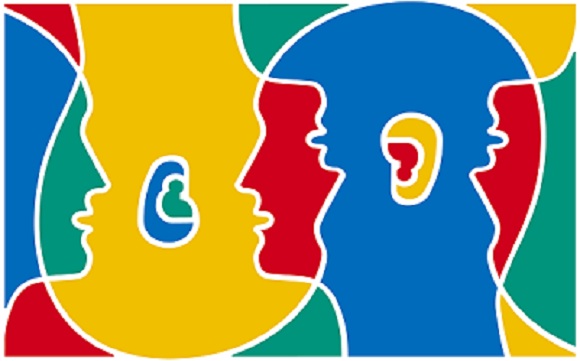
In the New Yorker, Judith Thurman has a fascinating piece about “hyperpolyglots”—people with an astounding capacity to learn new languages, who often speak a dozen or more fluently. Thurman describes some of the most notable hyperpolyglots in history and meets a handful of living exemplars from different parts of the world. They tend to share an interesting personal profile, as explained in this excerpt:
Much of the data on hyperpolyglots is still sketchy. But, from a small sample of prodigies who have been tested by neurolinguists, responded to online surveys, or shared their experience in forums, a partial profile has emerged. An extreme language learner has a more-than-random chance of being a gay, left-handed male on the autism spectrum, with an autoimmune disorder, such as asthma or allergies. (Endocrine research, still inconclusive, has investigated the hypothesis that these traits may be linked to a spike in testosterone during gestation.) “It’s true that L.G.B.T. people are well represented in our community,” Simcott told me, when we spoke in July. “And a lot identify as being on the spectrum, some mildly, others more so. It was a subject we explored at the conference last year.”
Richard Simcott, a charismatic British hyperpolyglot who orchestrates the annual Polyglot Conference, is himself an ambidextrous, heterosexual, and notably outgoing forty-one-year-old. He lives in Macedonia with his wife and daughter, a budding polyglot of eleven, who was, he told me, trilingual at sixteen months. His own parents were monolingual, though he was fascinated, as a boy, “by the different ways people spoke English.” (Like Henry Higgins, Simcott can nail an accent to a precise point on the map, not only in the British Isles but all over Europe.) “I’m mistaken for a native in about six languages,” he told me, even though he started slow, learning French in grade school and Spanish as a teen-ager. At university, he added Italian, Portuguese, Swedish, and Old Icelandic. His flawless German, acquired post-college, as an au pair, made Dutch a cinch.
As Simcott entered late adolescence, he said, “the Internet was starting up,” so he could practice his languages in chat rooms. He also found a sense of identity that had eluded him. There was, in particular, a mysterious polyglot who haunted the same rooms. “He was the first person who really encouraged me,” Simcott said. “Everyone else either warned me that my brain would burst or saw me as a talking horse. Eventually, I made a video using bits and bobs of sixteen languages, so I wouldn’t have to keep performing.” But the stranger gave Simcott a validation that he still recalls with emotion. He founded the conference partly to pay that debt forward, by creating a clubhouse for the kind of geeky kid he had been, to whom no tongue was foreign but no place was home.
Image via lingualia.com.